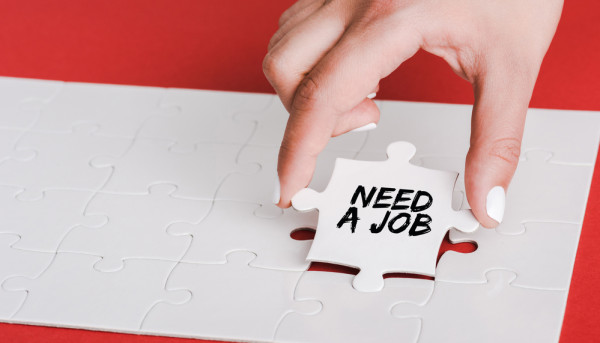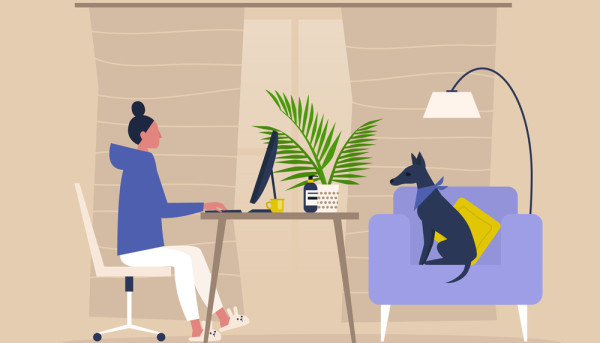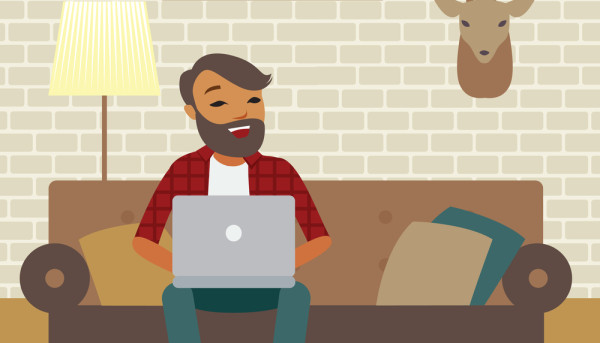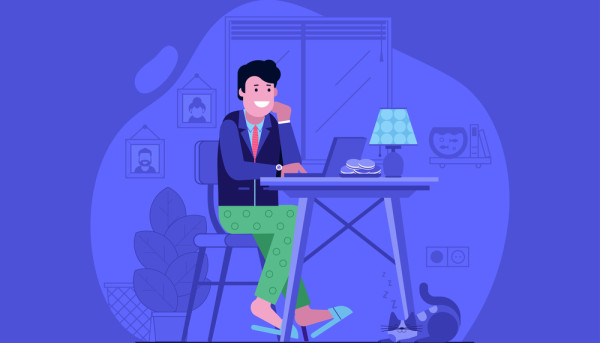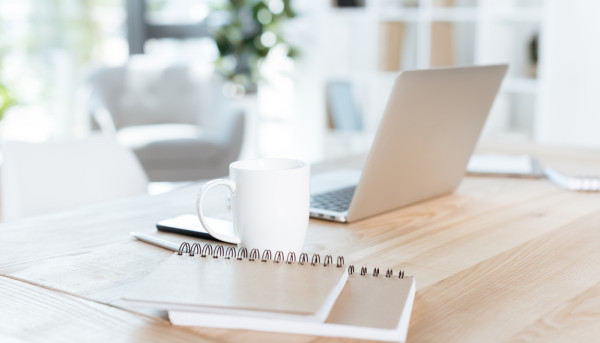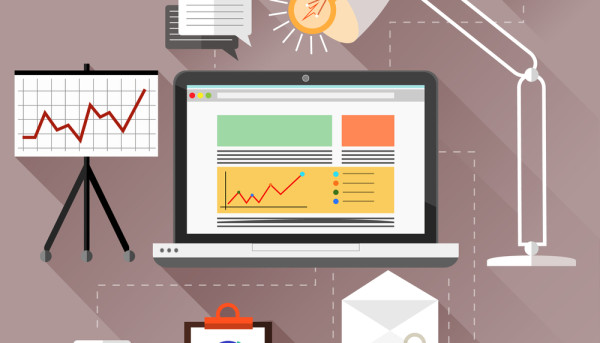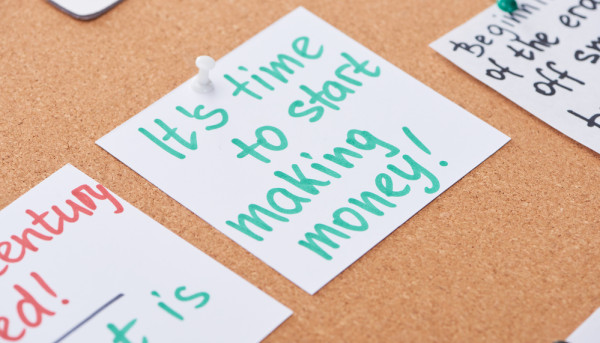Buying a Home - What Are Cash Reserves and How Much Should I Have?
Buying a home is a big purchase and you will want to know how much cash reserves you will need to have. You should have cash reserves in a separate savings or checking account.
If you are purchasing a home through a VA or USDA loan, there is no need to have cash reserves.
Paying off a mortgage
Choosing to pay off a mortgage early is an investment decision that will benefit you in the long run. You'll pay less interest over the life of the loan, which can be thousands of dollars in the grand scheme of things.
Paying off a mortgage early also frees up a substantial amount of cash, which can be put to better use.
One of the best ways to pay off a mortgage is to refinance. Refinancing can reduce your monthly payment and decrease your interest rate. Using the money to pay off a large chunk of your mortgage can also allow you to make home improvements.
It is also a good idea to earmark some of your savings for one-time needs. These may include a wedding, vehicle purchase, or a trip. These investments are easier to make than selling your home.
You'll also want to make sure you have an emergency fund. This can be used in the event of a medical emergency, a loss of employment, or other major financial disruptions.
You should also make sure you're closing out any higher interest debts before you start paying off a mortgage. This will help you get out of the red and onto a better financial footing.
While paying off a mortgage early is a good idea, there are some drawbacks to consider. First, you may be unable to access your savings when you need it most.
Second, you may face penalties for paying off a mortgage early. If you're considering making a financial move, it's a good idea to consult a financial advisor.
Depending on your financial situation, you may need to save up more than a few months of mortgage payments to make a smart move. In general, a two-income family should save at least three months' worth of normal living expenses.
Depending on your credit history and the type of mortgage you have, you may also need to save a few months' worth of mortgage reserves. This is also known as liquid financial reserves.
Whether you choose to pay off a mortgage early or to refinance your mortgage, it's important to be clear about what you're looking to accomplish. Whether it's saving for retirement, making improvements to your home, or investing in the stock market, it's important to consider your overall financial goals.
Down payment in a separate savings or checking account
Putting money in a separate savings or checking account is a good idea if you want to save money. However, you need to be careful. Some places charge overdraft fees, which can whack your down payment fund.
If you are saving for a down payment, you might want to consider a high-yield savings account. These are insured by the FDIC and can earn you a good return.
You can earn even more by opening an investment account, which allows you to invest in stocks, mutual funds, or a combination of the two.
If you are looking for a high-yield savings account, you should look into an online bank. These accounts have the added benefit of being easier to use than a traditional bank.
However, you may have to wait to transfer money from your checking account to your high-yield savings account.
While a high-yield savings account is a good idea, it's not the best place to put your money. You'll want to keep your down payment in a separate checking or savings account. If you are looking to buy a home, you'll likely need tens of thousands of dollars. If you're looking to save for a down payment, you need to start saving early.
The ol' high-yield savings account is the most efficient way to put your money to work, but you should also consider other options. For example, a money market account is available through credit unions.
They're insured and offer better interest rates than a conventional savings account.
You might also want to consider a certificate of deposit. These are also FDIC insured and come with a slightly higher interest rate than a savings account. While they are more volatile than a savings account, they don't carry the same risk as investing in the stock market.
The key is to get a good balance between flexibility and returns. For example, you may want to make an emergency fund to pay for a hefty repair once you move into your new home.
The best place to put your money is the bank you already use, but if you can't, you may want to look into opening a separate account.
VA or USDA loans don't require reserves
Whether you're buying your first home, or buying a home with a second residence, you may want to consider taking advantage of a government-backed loan such as a VA or USDA loan.
These loans have lenient credit requirements, low interest rates, and closing costs that are fixed, unlike other loans.
If you're considering taking advantage of a government-backed loan to buy a home, you may want to consider the cash reserves that you'll be required to have. This will depend on your specific loan type, your credit score, your debt-to-income ratio, and the property you're purchasing.
In general, lenders want to see you have several months of housing payments in liquid assets. However, you may have to have a higher reserve amount if you have a bad credit score, if you're planning on buying an investment property, or if you're buying a home with a small down payment.
There are other requirements that you'll need to meet if you're applying for a government-backed loan. This includes the amount of your monthly housing costs, including property taxes, mortgage interest, and HOA fees. You'll also need to have a debt-to-income ratio that does not exceed 45%. You'll also need to meet the income requirements of your county, as well as the debt-to-income ratio of your home.
If you're buying a home in a suburban or rural area, you'll need to be able to prove you have sufficient savings to cover any expenses that you might have. For instance, if you're planning on buying a rental property, you'll need to have at least six months' worth of cash reserves.
In addition, you'll need to have a minimum of a 640 credit score. If you're applying for a VA or USDA loan, you'll also need to have a qualified surviving spouse of a veteran. This will help you qualify for the loan. Regardless of whether or not you qualify for a government-backed loan, you may want to shop around to find the best deal.
If you're applying for a VA loan, you may also want to check out the seller concessions that you can receive. Some programs allow the seller to contribute up to 6% of the home's value towards the closing costs. These concessions aren't covered by loan discount points, however.
Preparing to apply for a mortgage
Getting ready to apply for a mortgage is one of the most important steps you can take before you start looking for a home. Getting ready will increase your chances of approval and help you get a better interest rate.
Before you apply for a mortgage, make sure you have your financial records in order. You need to be prepared for any questions the lender may ask. They will want to know if you have a stable income, have assets, and are able to make your monthly mortgage payments.
You should also check your credit report. If you have inaccuracies, it will affect your credit score. Make sure you check for recent delinquencies, collection notices, and incorrect transactions.
You can also ask for down payment assistance programs. These can save you thousands of dollars. You can also get preapproval so you are more likely to get approved.
Shop around for the best interest rate and loan term. You can do this online using sites like Fiona. You enter your down payment amount, your home purchase price, and your lender's interest rate. It will provide you with quotes from multiple lenders.
When you are ready to apply for a mortgage, make sure you choose the lender you can trust. Many lenders use online applications. You should take the time to fill out the application and get preapproved. This will make the process go more smoothly.
Mortgage lenders will review your application and determine if you can afford the loan. You can expect to be asked for more documents if you are divorced or have a rental history. You should also get your credit report checked before you apply for a mortgage.
Your credit report will have many details that lenders will review. If your report shows any errors, you may have trouble getting approved for a mortgage. The more accurate your report is, the higher your credit score will be. Also, you will have a better chance of getting approved if you have a larger down payment.
You will also need to submit a few months' worth of pay stubs, as well as your tax returns. If you have recently changed jobs, this may affect your mortgage application.
